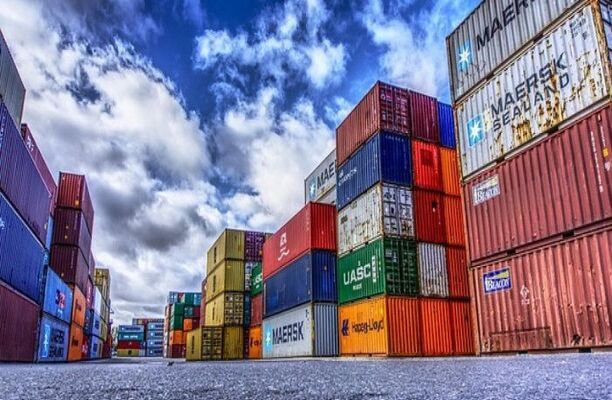By Chiagoziem Abosi
Edited by Ezennia Uche
Nigerians can now import goods worth up to $300 without paying customs duties — a move that could significantly benefit everyday shoppers and small businesses in Ikeja and beyond.
The new regulation introduced by the Nigeria Customs Service, which took effect on September 8, applies to goods delivered through courier services or brought in as personal baggage. Eligible individuals can use the exemption up to four times a year, effectively reducing import hurdles for low-value shipments.
For a commercial hub like Ikeja, home to Computer Village, busy marketplaces, and a growing base of online entrepreneurs, the impact could be substantial.
“I order phone parts from China for my repair shop. If there’s no duty, I can save thousands of naira every month,” says Chinedu, a technician based in Computer Village.
Esther, a skincare vendor who imports products online, is also optimistic: “After this new threshold, I might lower my prices or try new products without fear of duty shock.”
The policy is being welcomed as a boost for small traders, students, and tech entrepreneurs, many of whom rely on regular, low-value imports for their businesses or education.
However, not everyone is celebrating just yet.
“It’s good news, but I’m worried about possible delays or hidden charges that still make delivery slow or expensive,” says Mrs. Akande, a university student who frequently orders study materials from abroad.
Why the Policy Matters
Customs officials say the move is aimed at simplifying the import process, reducing bottlenecks at ports and courier hubs, and encouraging small-scale commerce especially as online shopping and international e-commerce continue to rise in Nigeria.
The $300 threshold brings Nigeria closer to practices in other regions, like the European Union’s €150 duty-free allowance or the U.S. de minimis threshold of $800, though Nigeria’s is more limited in frequency.
Eyes Wide Open
Despite the promise, experts caution that implementation and clarity will determine the real-world impact.
“On paper, it’s great,” says Tope Alade, a logistics consultant based in Lagos. “But will customs officers at the airport follow through? Will courier companies pass the benefit to consumers or sneak in ‘handling fees’? That remains to be seen.”
There are also concerns about abuse of the policy — such as individuals breaking down larger shipments into smaller ones to dodge taxes — which could prompt stricter enforcement or changes down the line.
A Window of Opportunity
Still, for Ikeja’s tech-driven and trade-savvy population, the duty-free rule offers a window of opportunity — if accessed wisely.
“This could level the playing field for small players who’ve been squeezed by heavy customs charges,” Esther says. “But you have to know the limits and your rights to truly benefit.”
For now, shoppers and small-scale importers are advised to keep receipts, track declared values, and watch for official updates as the policy rolls out.








